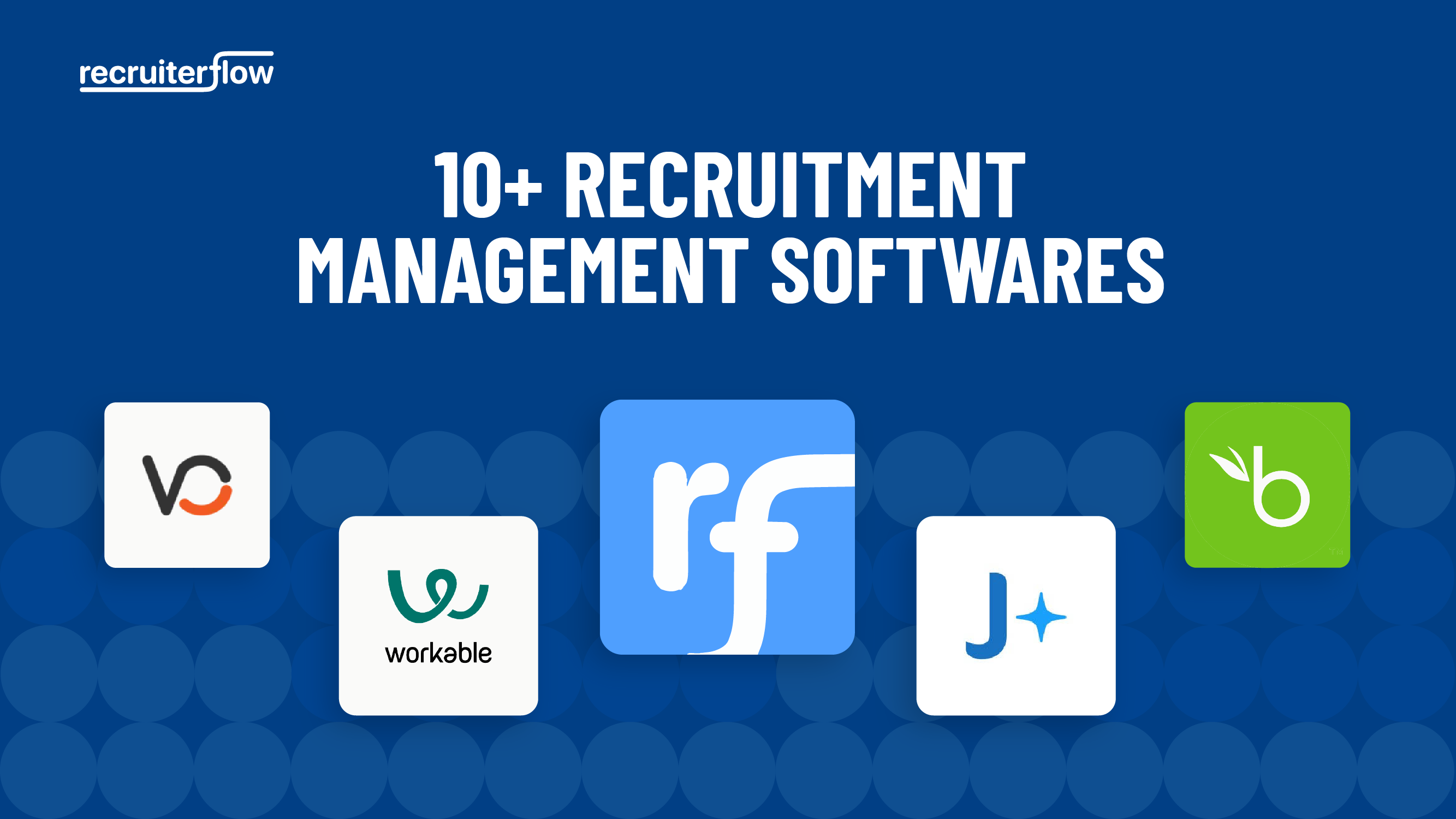
How Recruiters Can Convince Clients to Increase Candidate Pay

The scarcity of skilled talent has long been a vexing challenge for staffing professionals. And recent survey suggests that this predicament has only intensified, with a staggering 75 percent of respondents indicating that the situation has worsened. The endless combination of historically low unemployment rates and a dearth of in-demand skill sets has created a highly competitive environment for sourcing and placing top candidates.
In this highly competitive and candidate-driven market, losing top-notch talent due to inadequate compensation is a significant concern. Job seekers are becoming increasingly vocal about their salary expectations. As per a Jobvite survey, 75% of recruiters observed a notable increase in salary negotiations.
Thus, as a recruiter, it is crucial to maintain a strong position for your candidate when dealing with clients. It is essential to remember that your ability to negotiate better compensation for your candidates can be the key factor in securing their acceptance, which can positively impact your reputation and enhance your chances of success.
Hence, it is of paramount importance that you sharpen your negotiation skills and communicate effectively to clients about the importance of competitive compensation to achieve successful placements.
Effective Strategies for Staffing Firms to Encourage Clients to Raise Candidate Pay
Use Stats to support your negotiation
Utilizing numbers is the most effective way to persuade clients to increase candidate pay. A recommended approach to showcase what you consider below-market pay is by providing evidence of the average marketplace rates. It is crucial to demonstrate the pay rate’s competitive positioning. And, substantiate it with data rather than merely stating it to the clients. Employing this method can aid in making a more compelling business case for raising candidate pay.
Use anecdotal evidence to support your negotiation
You might work with several clients in the same niche as an agency recruiter. You can use this first-hand experience to draw a picture for your client of the compensation levels of similar companies. By sharing this information, you can help clients benchmark their compensation packages against competitors and make more informed decisions. Convince clients that if they do not offer a competitive compensation package; they risk losing top candidates to their competitors offering more attractive packages. This could result in prolonged vacancies, lower productivity, and decreased revenue.
Also Read: How to negotiate your recruitment agency fee with your client
Engage your clients to plan a long-term strategy
Emphasize the long-term advantages of offering competitive pay to candidates and highlight the importance of a competitive salary pay stub. Help your client understand that while fair compensation is vital in attracting skilled talent, it is even more critical in retaining employees.
Convince them that not offering compensation at par with the market standards can lead top performers to seek other job opportunities. Also, candidates paid significantly below the market rate will likely become a “flight risk.” Even if they accept the position, the sense of being “undervalued and underpaid” could motivate them to seek better opportunities elsewhere.
To ensure high-quality talent, offering compensation at or above the average market rate is crucial. Such an approach fosters “employee retention” and boosts job satisfaction, ultimately helping businesses attract and retain top talent.
Paint a picture of the current job market scenario to support your negotiation
Position yourself as a reliable expert in candidate recruitment. Utilize unique insights to provide invaluable advice to clients. Draw on global recruitment data, and offer evidence-based recommendations to help clients attract top-tier talent.
Demonstrating your expertise can build client trust, establishing yourself as a valuable partner in their recruitment endeavors.
Also Read: Stratgies to increase staffing agency sales
Suggest innovative Compensation Structure as a middle-ground
Innovative compensation structures can be an effective middle ground when negotiating better pay for candidates with your clients. Provide your clients with creative solutions to meet their budget constraints while offering attractive compensation packages to candidates. Suggest alternative structures such as performance-based bonuses, equity options, or flexible work arrangements. This will demonstrate your willingness to work collaboratively with clients to find mutually beneficial solutions for clients and candidates and increase the chances of securing successful placements.
Help your hiring manager envision how the candidate can deliver and why a small increase in compensation is worth it.
When negotiating compensation with a client for a candidate they have already selected, it’s important to remind them of why they liked the candidate in the first place. Highlight the candidate’s impressive skills and experience and explain how they can benefit the business in the long run.
It’s crucial to help the client envision the benefits of investing slightly more in the candidate’s compensation package. By doing so, the client can secure the candidate’s talents and tap into their potential to drive growth and innovation. Investing in the candidate’s long-term success with the company is an important step toward the business’s overall success.
Recruitment




Sagrika Jain